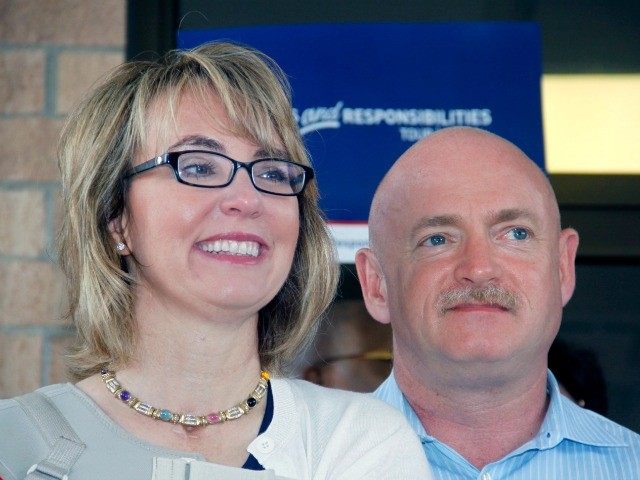
Still reeling from a disaster it created at a Colorado gold mine, the EPA has so far avoided criticism for a similar toxic waste spill in Georgia.
In Greensboro, EPA-funded contractors grading a toxic 19th-century cotton mill site struck a water main, sending the deadly sediment into a nearby creek. Though that accident took place five months ago, the hazard continues as heavy storms — one hit the area Tuesday — wash more soil into the creek.
The sediment flows carry dangerous mercury, lead, arsenic and chromium downstream to Lake Oconee and then to the Oconee River — home to many federally and state protected species.
Lead in the soil at the project site is 20,000 times higher than federal levels established for drinking water, said microbiologist Dave Lewis, who was a top-level scientist during 31 years at the Environmental Protection Agency.
He became a whistleblower critical of EPA practices and now works forFocus for Health, a nonprofit that researches disease triggers.
“Clearly, the site is a major hazardous chemical waste dump, which contains many of the most dangerous chemical pollutants regulated by the EPA,” Lewis wrote in a 2014 affidavit for a court case filed by local residents that failed to prevent the EPA project: creating a low-income housing development.
The mill site contains 34 hazardous chemicals, 30 of which are on the EPA’s list of priority pollutants because of “high toxicity, persistence, lack of degradability, and harmful effects on living organisms,” Lewis wrote.
But while the nation is transfixed by the bright orange waterways in otherwise pristine Colorado wilderness, little attention has been paid to the unfolding Greensboro disaster.
The four-acre site features the abandoned Mary Leila Cotton Mill, which produced sheeting until the early 2000s. Looking like a ghostly fortress, the 135,000-square-foot building with turrets and a water tower was covered in lead-based paint that flaked off and covered the grounds along with ash produced by its coal-burning generators. High levels of cancer-causing chemicals, such as benzo(a)pyrene, are also buried there. And neighboring farmers dumped pesticides on the vacant grounds back when arsenic was used to kill bugs.
The Environmental Protection Agency has denied — but now admits — that it funded the cleanup and development project the triggered the catastrophe.
The EPA issued a grant around 2005 to turn the mill and surrounding grounds into a housing complex for the mentally ill, homeless and indigent. Contractors working with the Georgia Environmental Protection Division (GEPD) have started digging and tearing down the buildings — despite objections by the city of Greensboro and the absence of a plan to deal with the hazardous waste.
EPA and GEPD documents reviewed by Watchdog show proposals to move the dirt elsewhere or to cover it with concrete. In the latter case, the government agencies promise to monitor and repair any potholes, cracks or foundation breaks.
But for Lewis, any excavation would send large amounts of toxic soil into the creek.
Despite the manmade pollutants, Mother Nature has managed to hold her own against further degradation. The toxic soil was mainly confined to densely packed lower levels held in check by a clay barrier near the creek. EPA/GEPD contractors destroyed that barrier with a backhoe.
Now groundwater and other contaminants can flow freely, Lewis said.
The EPA did not respond to a request for comment. The agency has offered conflicting statements about its involvement in the project, alternating between knowing nothing, providing only data and guidance, and acknowledging, finally, that it funded cleanup and development at the site through a grant to the state.
Lewis says his former employer, the EPA, never showed any concern in several responses to his ongoing pleas regarding hazards around the old mill.
In letters to Lewis and David Kopp, who represented the residents in their court case, the EPA downplayed toxicity in the land, pointing to low levels in a 2010 sampling. Lewis says he tested his own samples at the University of Georgia, where he worked for a time as a marine biologist. The results staggered him.
But the EPA told him it knew nothing about Mary Leila Cotton Mill.
“There is no federal agency involved with this project at the mill property,” EPA Regional Administrator Heather McTeer Toney wrote Lewis on Jan. 9. “This property does not warrant federal action at this time.”
Five months later, in a May 28 letter to Lewis, Toney admitted the program was an “EPA brownfields grant-funded project” and that “remediation must be conducted in a manner that is protective of human health and the environment.” The state directed the developer to “maintain the mill property in a manner that protects humans from exposure to hazardous constituents while the property is undergoing corrective action.”
The EPA’s website says brownfields projects are part of the agency’s mandate “to make environmental justice an integral part of every program, policy and activity by…. Applying EPA’s regulatory tools to protect vulnerable communities.”
And involving lead, it appears that the EPA is violating its own standards. The agency prohibits release of untreated lead-laden water into the waterways and cites the Clean Water Act, saying: “The CWA prohibits anyone from discharging pollutants, including lead, through a point source into a water of the United States unless they have a National Pollutant Discharge Elimination System(NPDES) permit.”
Researcher Earl Glynn contributed to this report.
Contact Tori Richards at tori@watchdog.org or on twitter @newswriter2.






